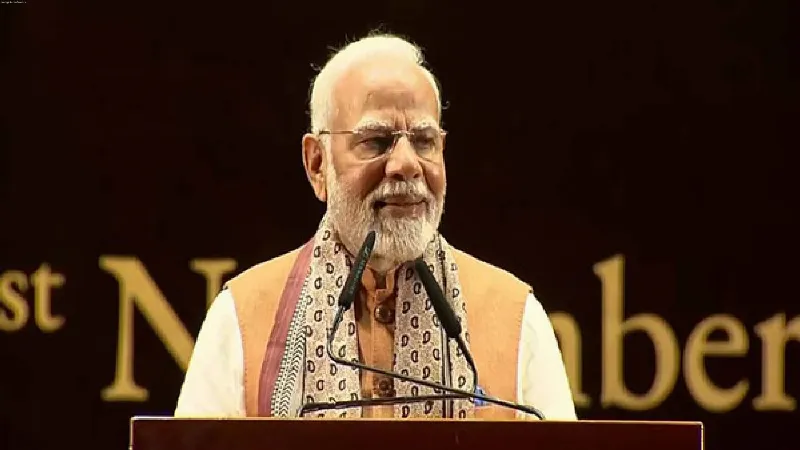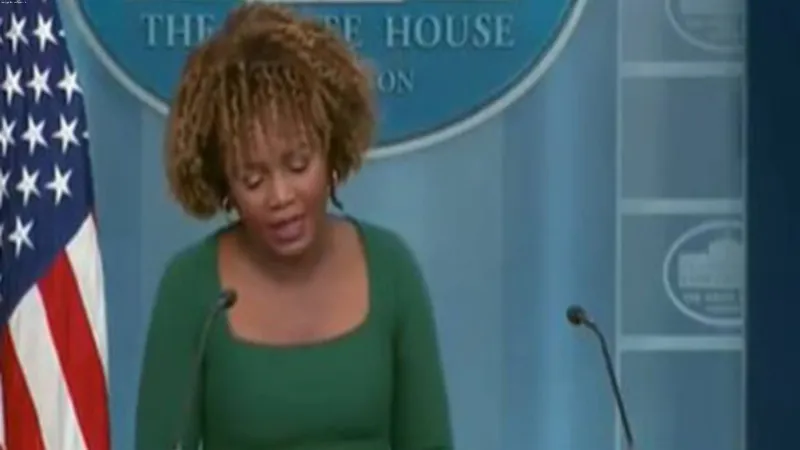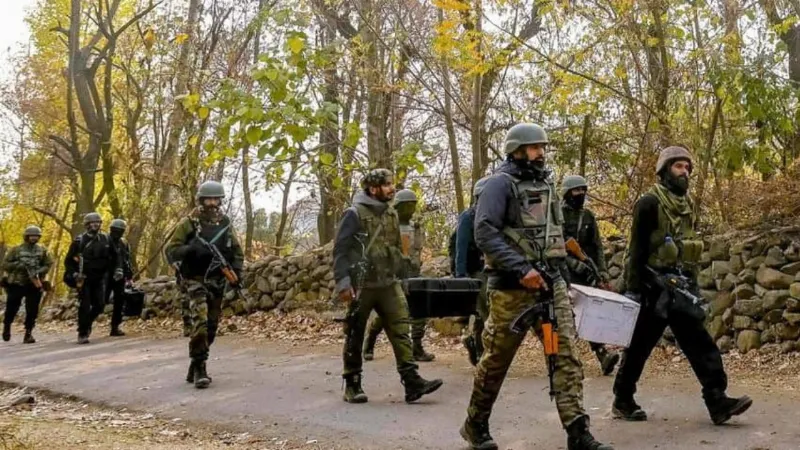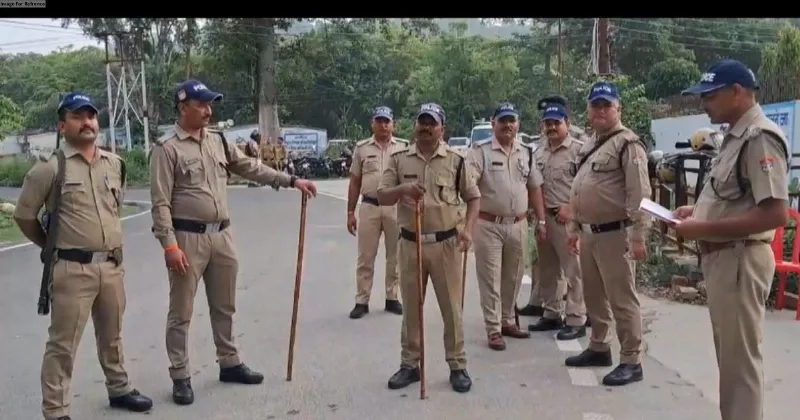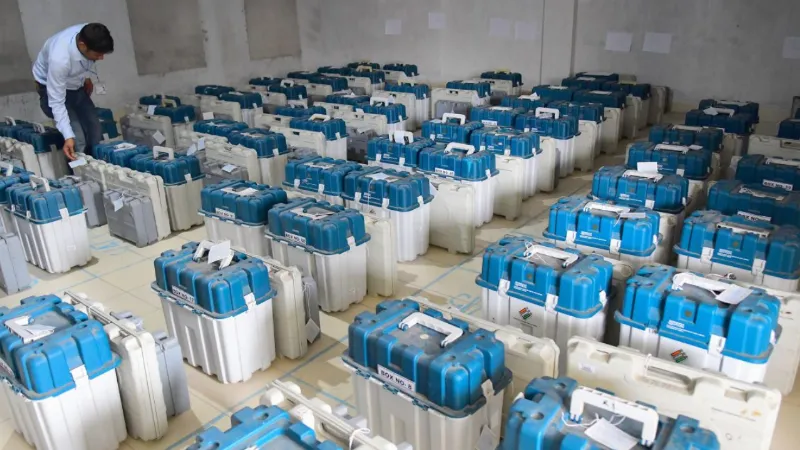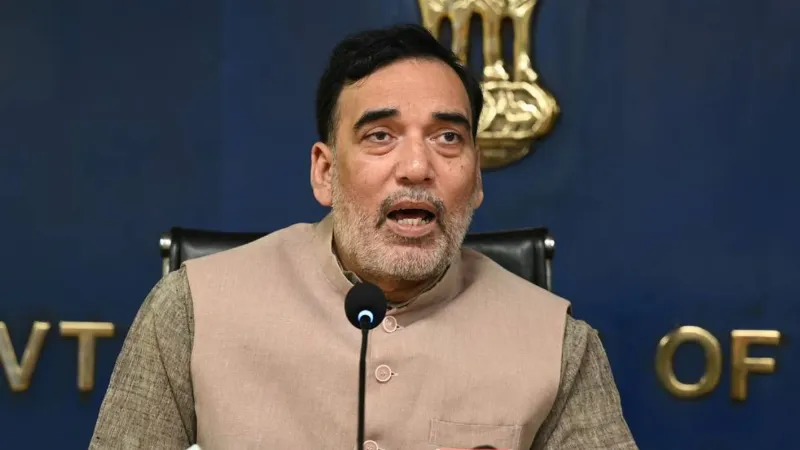Tens of thousands of Israelis rally against judicial reform plan

Tel Aviv: Thousands of protesters flocked to Tel Aviv and cities across Israel to express their opposition to the government's plan to overhaul the country's judicial system, Al Jazeera reported.
Crowds of Israeli protestors held banners in Tel Aviv at Saturday's protest, the latest in a series of weekly actions since the start of the year. Plans by Netanyahu's government to reform the Judicial System have outraged Israelis who see it as an assault on their country's system of checks and balances and a threat to its very democracy.
"This is not about so-called judicial reform, it's about democracy," said Sheila Katz, head of the National Council of Jewish Women, from the rally in central Tel Aviv.
"In order for your sacred courts to protect the rights of all people, they must remain independent from politics," she added.
Protests last month brought Israeli cities to a standstill and threatened to shut down the economy, compelling Netanyahu to delay the judicial reform plan in hopes of finding a compromise.
However, protesters have been undeterred. Crowds of Israelis have flooded the streets in the weeks after Netanyahu backed down, demanding that the overhaul be scrapped altogether.
The plan would give Netanyahu and his partners in Israel's most hardline coalition in its history the final say in appointing the nation's judges.
It would also give Parliament the authority to overturn Supreme Court decisions and limit the court's ability to review laws.
Thousands of officers in elite reserve units of the military have said they will refuse to report for duty. High-tech business leaders and the security establishment have come out against the proposal. Trade unions have called for a general strike.
Netanyahu agreed in late March to call a timeout on advancing legislation that would give the government almost complete control over almost all judicial appointments to the Supreme Court and other courts, along with other parts of the judicial package. The month-long suspension was announced after weeks of intensifying protests had brought the country practically to a standstill.
However, leaders of the protest movement have threatened to deploy new forms of non-violent civil disobedience if lawmakers move to swiftly advance the legislation, highlighting rampant doubts around talks to reach a compromise on the sweeping reforms.
One of the major forms of non-violent civil disobedience used so far has been to block major highways and junctions around the country, causing severe traffic jams and leading to confrontations with the police who have used water cannons and stun grenades to disperse protestors.
Protesters have continued to express heavy distrust toward the negotiations between Yesh Atid and National Unity on one side and the ruling coalition on the other, under the auspices of President Isaac Herzog. They allege the talks are a ruse to quell the protest movement and advance the legislation quietly.
Opponents worry that the judicial appointments bill, which had advanced to its last two Knesset votes before the freeze was announced, could go before the Knesset plenum for final approval at a moment's notice once the Knesset returns from its Passover recess at the end of the month.
They say it will drastically weaken Israel's democratic character, remove a key element of its checks and balances and leave minorities unprotected. Proponents of the government's overhaul plans say reforms are needed to rein in politically motivated judicial activism. (ANI)



